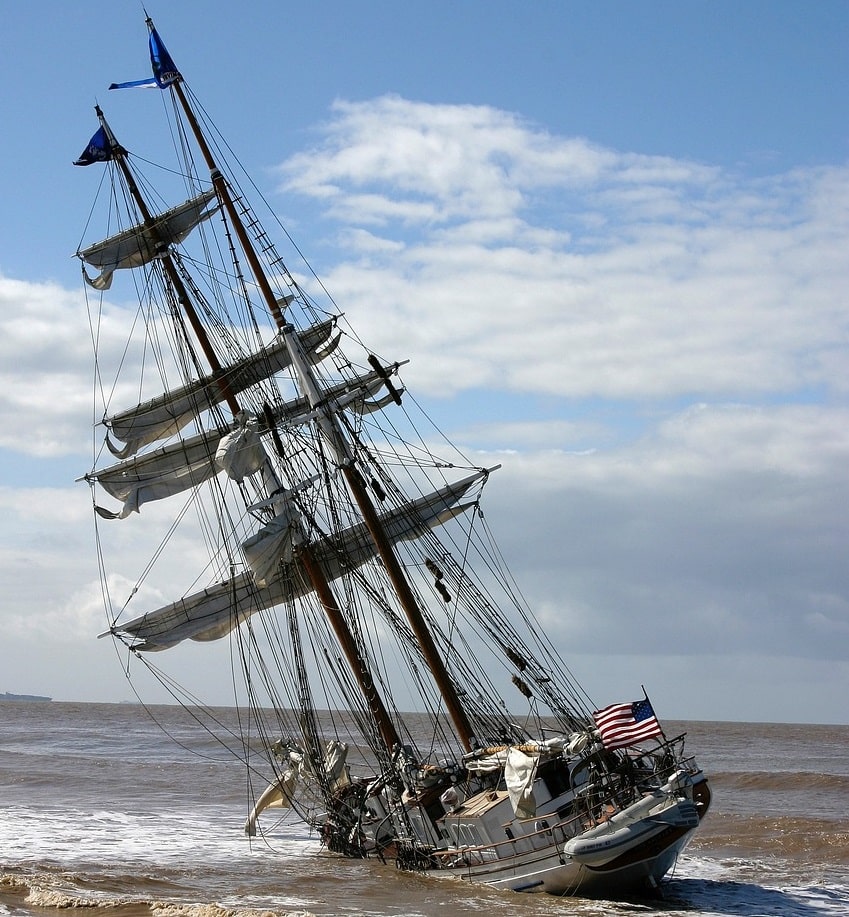Unpacking the Originalist Argument for Maximalist Personal Jurisdiction, Part III: Admiralty Jurisdiction
This is the third in a series of posts questioning the originalist argument for maximalist personal jurisdiction. The crux of the originalist argument is that early federal decisions discussed limits on personal jurisdiction in terms of international law (not constitutional constraints) and that Congress could override international law. Thus, the theory goes, Congress as an…
Continue ReadingLiability Waivers and Statutory Interpretation
In 1936, Congress passed a law to prevent companies in the business of transporting people across the ocean from writing liability waivers into their contracts. That law, currently codified at 46 U.S.C. 30527(a), reads as follows: The owner, master, manager, or agent of a vessel transporting passengers between ports in the United States, or between…
Continue ReadingNew Article on Old Admiralty Discretion
The Notre Dame Law Review has just published my new article, “Admiralty, Abstention and the Allure of Old Cases.” The heart of the article is a description of the federal courts’ long-standing discretion to decline jurisdiction over admiralty disputes between foreign parties. Defendants in transnational cases have recently tried to invoke this old admiralty practice…
Continue ReadingGanpat’s Saga Continues
Regular TLB readers may recall the tragic story of Kholkar Vishveshwar Ganpat, an Indian citizen and merchant seaman who lost his toes to malaria, allegedly because his ship failed to stock sufficient antimalarial medicine when it docked at Savannah, Georgia. In 2018, Ganpat sued the ship’s operator, Singapore-based Eastern Pacific Shipping (EPS), in federal district…
Continue ReadingCert Sought to Resolve Circuit Split on Anti-Suit Injunction Standard
The Supreme Court will consider a petition for cert to resolve a circuit split over when to issue antisuit injunctions.
Continue ReadingDrafting the Opinion in Great Lakes
Over the past six years, I have spent a lot of time thinking about choice-of-law clauses. I have written about how to interpret them, about their extraterritorial effect, about their history, and about why insurance companies frequently omit them from their policies. If a pub were ever to host a trivia night devoted to choice-of-law…
Continue ReadingThrowback Thursday: Eighty Years of Ex Parte Republic of Peru
Back in 1943, the Supreme Court issued its opinion in an admiralty case against the Ucayali, a Peruvian steamship. A Cuban company brought the in rem action in a federal district court in Louisiana alleging that the steamship violated a charter agreement by failing to carry a cargo of sugar from Peru to New York….
Continue ReadingSome Thoughts on Great Lakes Insurance SE v. Raiders Retreat Realty Co., LLC
The U.S. Supreme Court will hear oral arguments in Great Lakes Insurance SE, Petitioner v. Raiders Retreat Realty Co., LLC during the 2023 Term. This case has the potential to change the way that federal courts evaluate the enforceability of choice-of-law clauses. Over the past few decades, these provisions have become ubiquitous. One study found…
Continue ReadingAdmiralty’s Influence on Transnational Procedure
Admiralty was the original site of transnational litigation in U.S. courts. Given the breadth of admiralty jurisdiction, the federal courts developed a number of procedural tools for balancing international comity and practical concerns in these international business disputes. Just because a foreign ship showed up in a U.S. port, for instance, didn’t mean a U.S….
Continue ReadingThrowback Thursday: The Human Rights of Foreign Sailors
Litigation in U.S. courts involving gross misconduct committed outside the United States by non-U.S. actors did not begin with the revival of the Alien Tort Statute in the 1980s. In the earlier era of global trade that centered around maritime commerce, U.S. admiralty courts at times remedied—often with moral outrage—wrongs committed on the high seas….
Continue Reading





